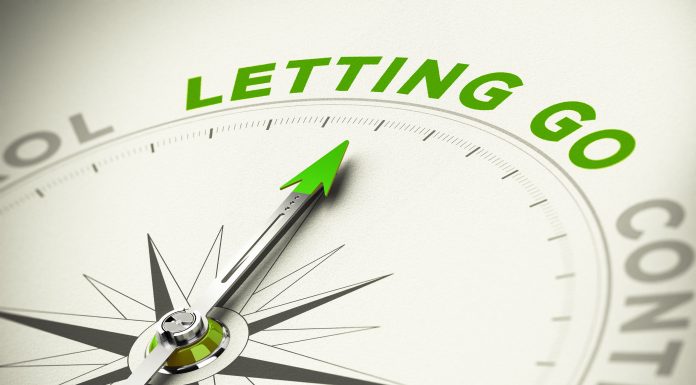
From savings to investments to cash flow, there are plenty of things to keep track of in your portfolio. Keeping them organized can take some time, but as you get older, it becomes even more important to ensure you are in a good spot financially.
Dealing with Debt
Debt is never ideal, but as you get older, it becomes especially important to plan for paying it back. When you are older, you may face higher medical bills, so having high monthly expenses can make it challenging to pay the money back. Start by listing out everything you owe, whether it’s a mortgage, car payments, or student loans.
If you are unsure if you have credit card debt, consider getting a credit report to locate any outstanding debt. This is a great tool to help monitor for fraud as well. If something doesn’t look right, you can dispute it with the creditor or credit bureau. That way, you won’t be penalized for an error or something that shouldn’t be on the report. Even if you have debt, you can still lower your monthly expenses to some extent. One way of doing that is by refinancing student loans. Lower monthly payments can make it easier to pay off each debt, putting you closer to meeting your financial goals.
Reviewing Insurance Policies
There are lots of reasons people tend to be loyal to one particular insurance company but doing so might not be the best money move. Many people do not shop around for their insurance needs, and this can lead to overpaying on your policies. Your insurance needs after retirement may differ from what they previously were so your broker and policy should align with those changes.
Get quotes from several companies to make sure you are getting the right amount to meet your needs and compare them to see what you can get for your money. Any life changes, such as retirement, marriage, or divorce, are also great times to review your policies. And before renewing any policy, make sure you shop around to see if other companies are offering better rates.
Gathering Financial Documents
It’s important to keep track of financial documents, but they are too easy to misplace. Consider creating a binder or getting a document bin to keep everything together. If anything happens to you, your beneficiaries will find it easier to have all the information in one location. You should collect everything that can affect finances, including bill statements from credit cards, utilities, and anything else you pay on a recurring basis.
It’s also important to find some way of organizing digital documents, especially if you have opted out of some paper ones. Even if you keep financial documents together on your computer, make sure they are well-organized. You can store them on your computer for easy access, but they should also be on a hard drive. You might keep this hard drive with your paper statements and update it once a month or so. If you don’t want to deal with the paper, you might scan those and shred the paper documents. This also makes it easier to track.






















